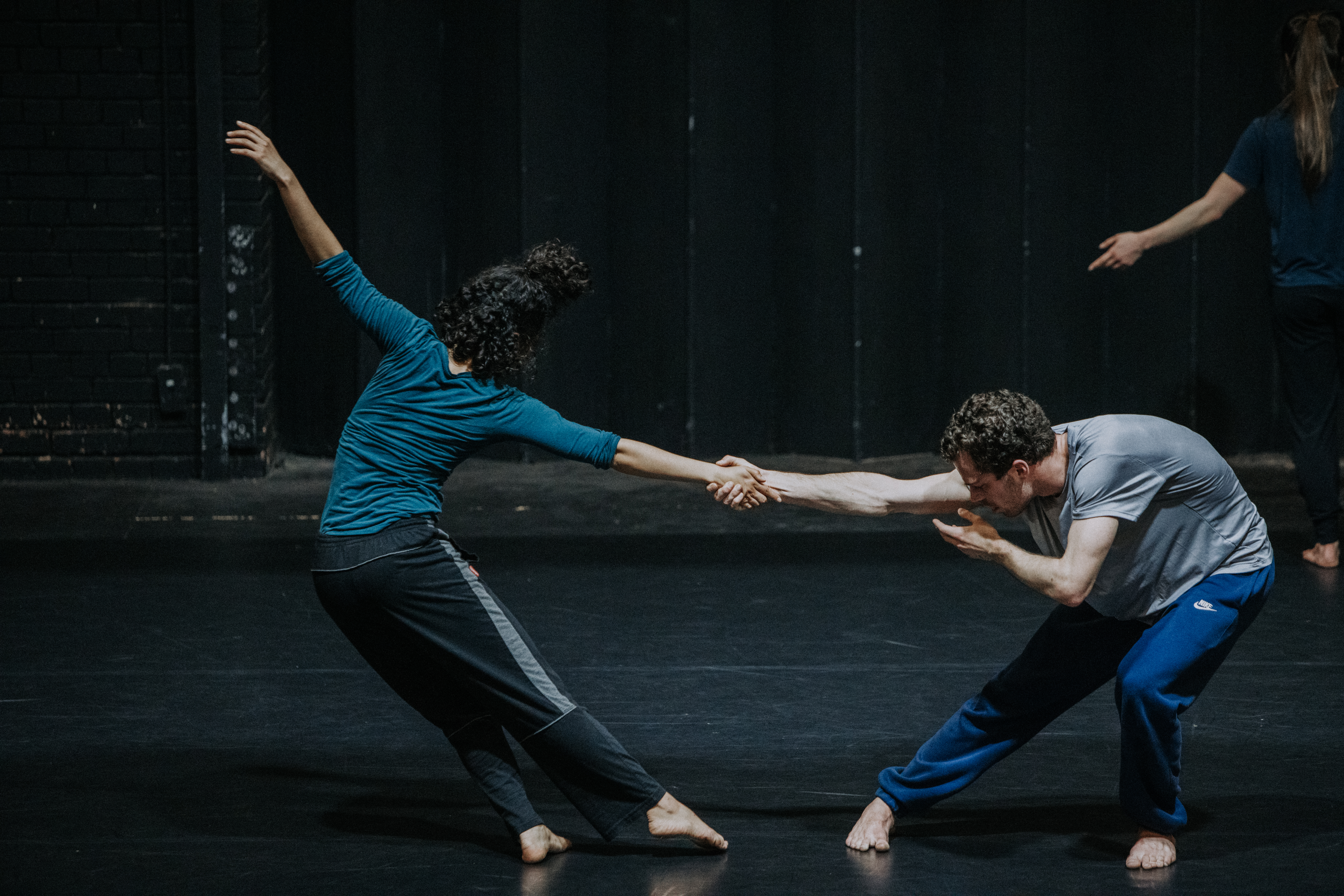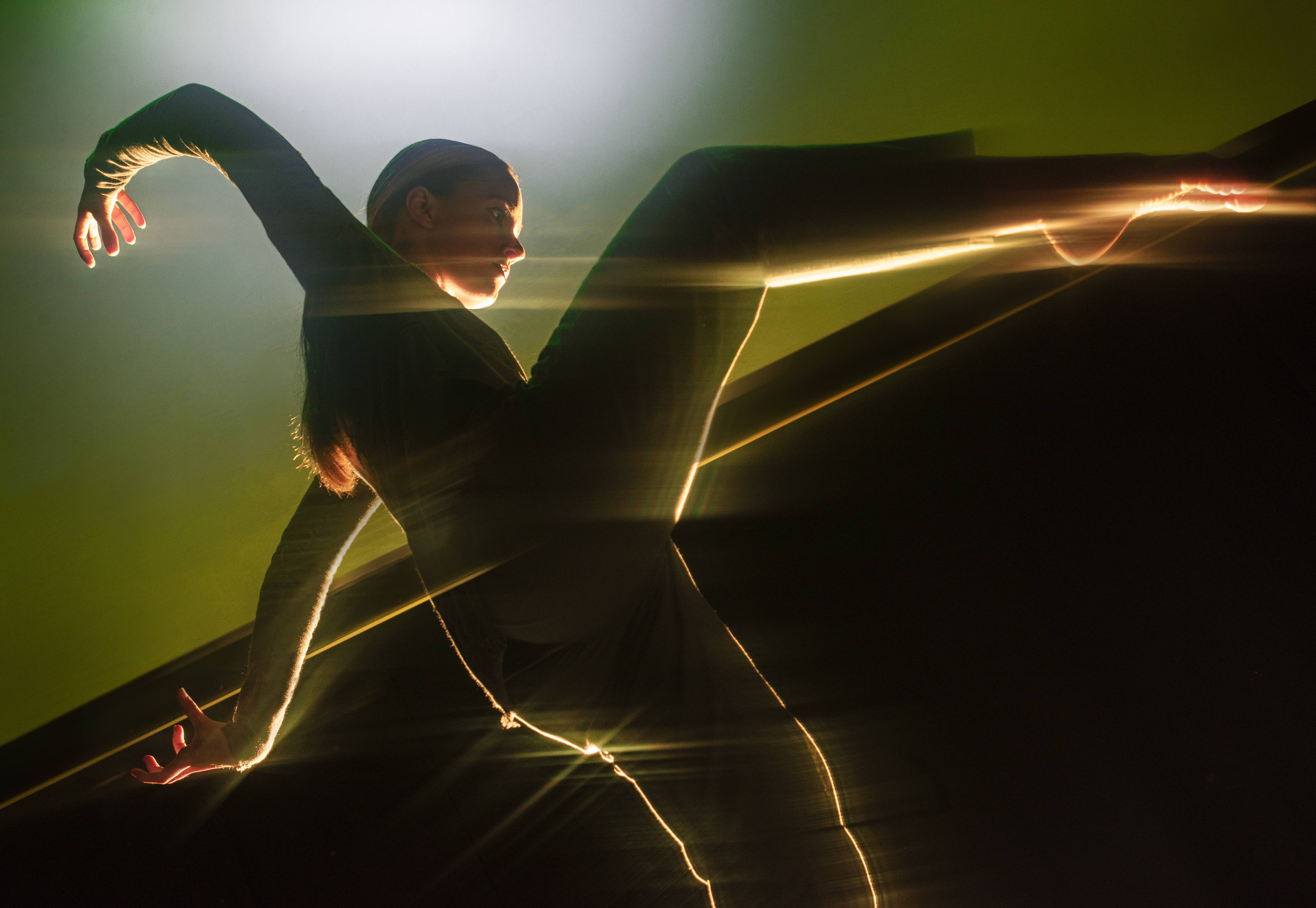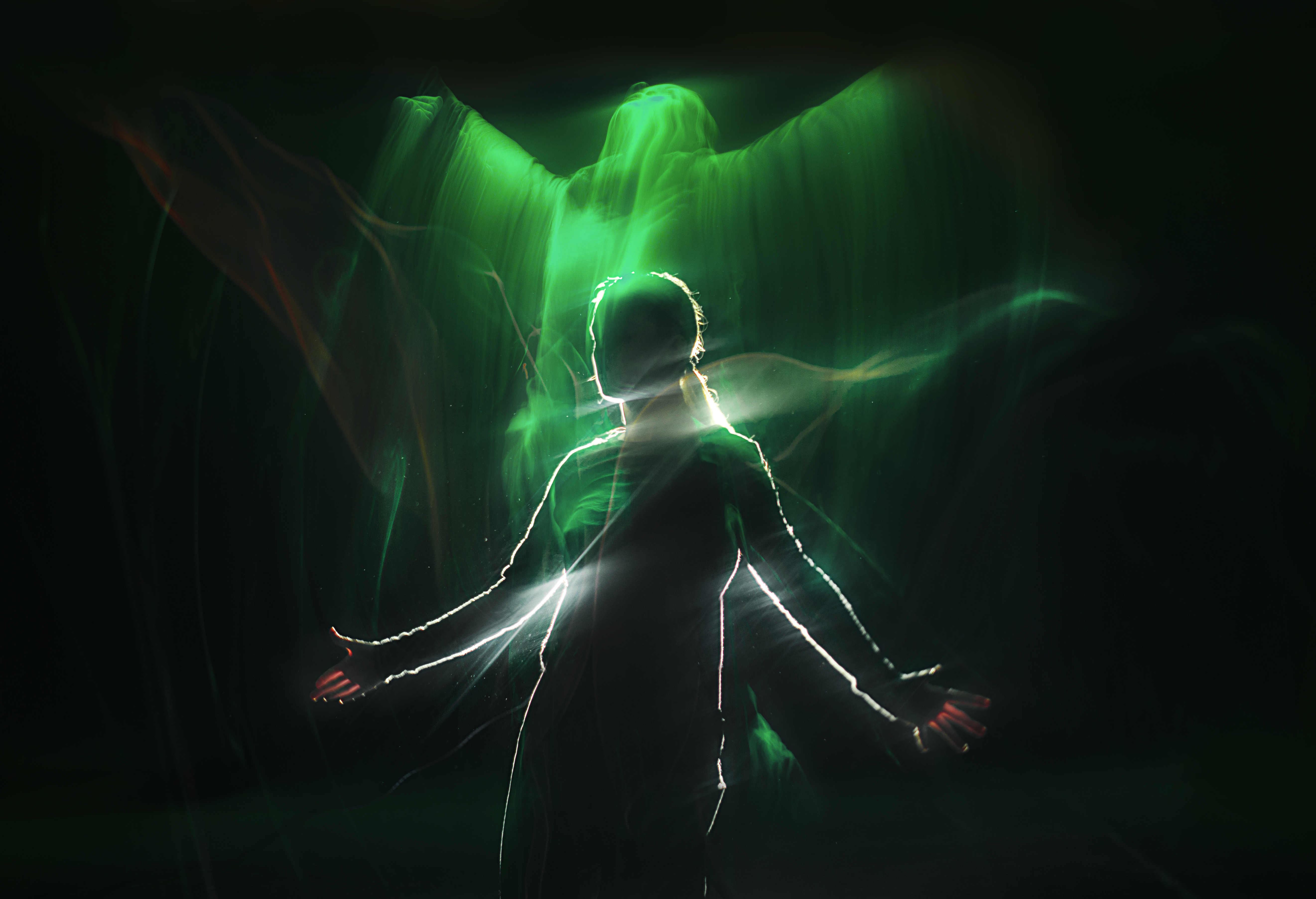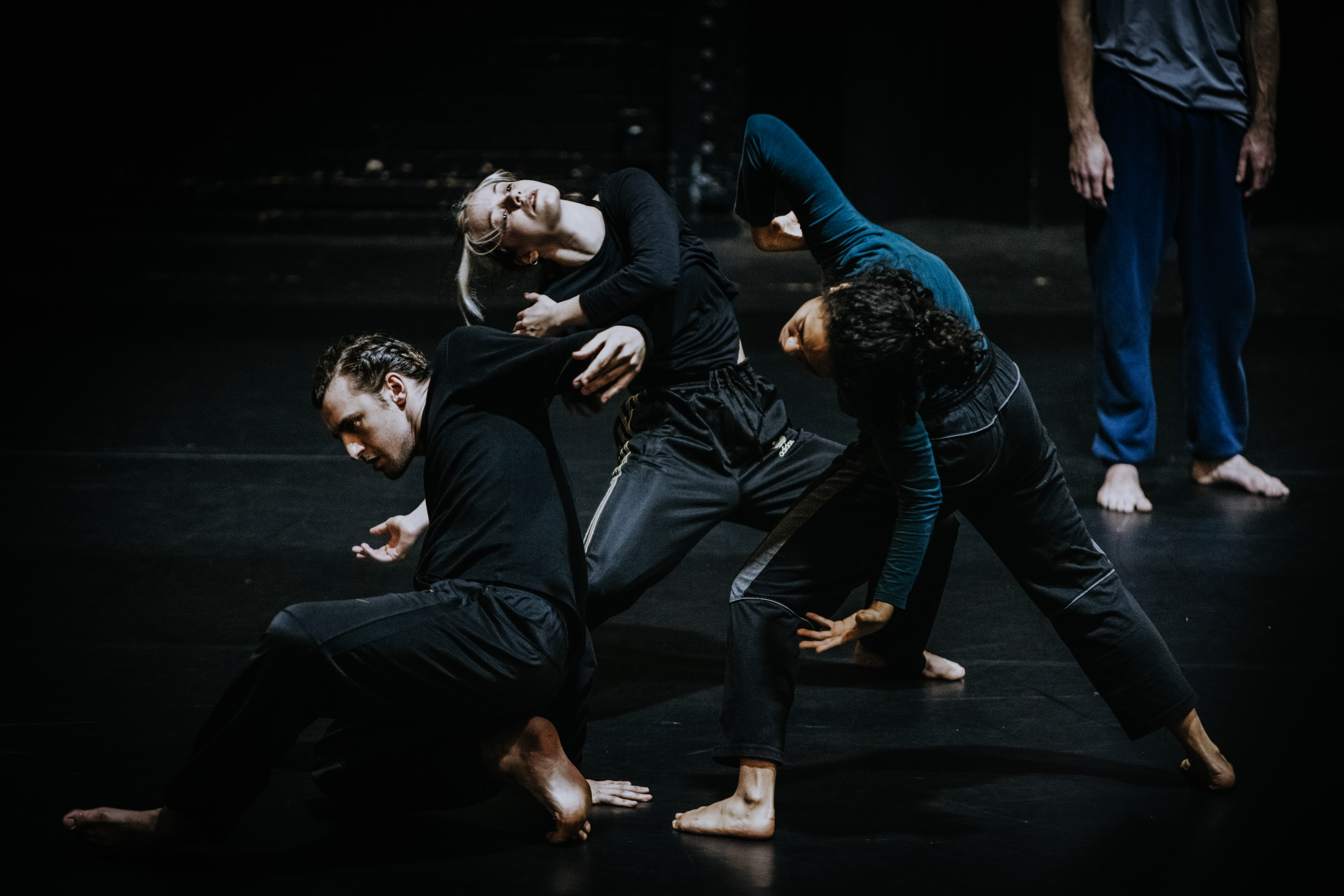Words by Katie Hagan.
Since 2013 Richard Chappell Dance (RCD) has been making work that brings people together. Ahead of the premiere of Infinite Ways Home at Exeter Northcott on 24-25 September 2021, dance art journal caught up with Artistic Director Richard Chappell to discuss the piece and why better support for independent dance artists is needed.
Katie: Thanks for agreeing to chat with us, Richard! Maybe let’s start with when and why RCD was created?
Richard: I trained at Rambert and was also on the associate programme at the Royal Ballet School. Dance has always been an outlet for self-expression ever since I was eight years old. My dad died when I was young and like many people, I didn’t come from money so dance making was integral to my growth as a young person.
It was during my second year at Rambert that I started RCD. I wanted to stay connected with all my friends who weren’t all at Rambert, and so we would head down to Devon and create dances in a village hall, without any desire or pressure to make a complete piece. It was massively cathartic. I loved my time at Rambert so much, but it felt good to temporarily break away from an institution and have fun with my friends.
Katie: When did you decide you wanted to be a choreographer? Did you feel supported in your decision to be one?
Richard: During the associate programme at the Royal Ballet, I realised the traditional route of auditioning for repertory companies wasn’t for me.
I’d always loved making dance and choreography felt genuinely authentic. Choreography is about making something that is purposeful — finding sense in the world and discovering relationships that bring joy.
Fortunately, I was supported. Wayne McGregor gently pushed me towards producers in the south-west and it was there I started to explore my choreographic voice. In my third year at Rambert I was mentored by Theo Clinkard, a great choreographer who is a dear friend of mine now. He generously showed me what it is like to be a freelance maker.
I feel like the dance industry is morphing in and out of a transactional relationship with artists. Some spaces are process driven and others transaction driven — some have to be the latter for financial reasons. Yet in forming RCD as a community interest company, I was thinking about our governance and how we can be values-based, and offering non transactional generosity. That’s not to be self-righteous as sometimes the reality of the work does make it transactional… but RCD wants to work with people and give them long-term support that uplifts them.

Katie: For many working class/low-income dancers, money is of course important. People have to get paid for their labour. At the same time, care has to be present. Working in the dance industry can feel very short-term. Is that why you began the Supporting Acts project?
Richard: Since 2018, we have mentored dancers or collectives to get their first project grant from Arts Council England. Yet, I realised that I was contributing to the culture of ‘I have your back for three months and then best of luck, love you, bye!’ which gives an ephemeral sense of safety for makers. It’s why I wanted to create long-term support structures, especially for artists outside of London.
I interrogated the ways I have found success and looked at how my pathway can be adapted to help others. Supporting Acts is a lengthier commission. From 2021-22 artists each get a £2.5k commission. They have time in the studio to make work which is shared and subsequently programmed at a venue with our support. We pay for residency spaces and for our dancers to work with them. It’s quite like an R&D process without the hassle of submitting a project grant. The good thing is that you can use it in an ACE grant to strengthen an application.
I wanted to move away from meritocratic processes and the current application culture. It is why half of the artists are chosen through RCD’s artist support programme (where we ran 60 one-to-one sessions for early career artists). The others are from a call-out.
I submit perhaps 55,000 words via web applications a year which I don’t get paid for — I am not going to have my organisation contribute towards that culture!

Katie: Could you tell me about Infinite Ways Home?
Richard: As for many others, lockdown was a time for me to reflect on what my values are. I’d just moved to Wales with my fiancée and was thinking about what my life is going to be like now. Infinite Ways Home was borne from this transformation.
How can I describe the piece? It’s like a big trippy vortex of six people going through a turbulent, beautiful experience for 60 mins, coming out the other end in a sweaty glittery mess that has given them a shared sentiment that home can be about people rather than place.
Infinite Ways Home draws from old and new. I am a very outdoorsy person and interested in Celtic magic and ritual, and old druid practices in pre-Christian Britain. I wanted the piece to connect to selfhood and how people are inherently magic. I was inspired by books about the chaos theory and chaos magic and physics, druid practices and Celtic legends.
The performance is a rave really, with lots of movement, improvisation and people living this experience together. During my research into the druid writings, I discovered a lot of theories about people coming together to have a transformative experience. I reflected on how we experience transformation and the magnetism of people coming together and colliding, and was keen to explore what this results in…
Katie: Are you seeing parallels between Celtic practices and the modern rave?
Richard: Absolutely. I see a very clear link between energising space and sharing it. There’s also lots of visualisation and use of liminal spaces where things are neither here nor there… dark nor light.
Infinite Ways Home looks very broadly at the notion of a trip, and the care and support that are needed in those contexts. During the research period I read a series of letters by the writer Aldous Huxley, who wrote to doctors around the time he was writing The Doors of Perception, an autobiographical account of his psychedelic experience using the drug mescaline.

In the book, he makes a case for societal drug use and its ability to benefit art. What struck me is that no perfect drug exists; no afterglow continues with a sense of consciousness or directness in the way that it could enhance empathy.
But, in terms of emulating a trip without being under the influence of drugs, there is certainly the potential for research to continue around these sensations, looking at how they support people’s mental health and overcome trauma.
All the artists I have worked with have gone through the trauma of a pandemic, and Infinite Ways Home is a vessel for healing. It’s a vessel for owning your anarchy; it’s about standing tall, being brave and showing community.
Katie: What can the audience expect?
Richard: The audience will experience catharsis and kinaesthetic empathy — they are seeing people party and show open affection. The dancers are mind-blowing and bring their shared history into the space. I cried after I watched the first run.
On a more personal note, Infinite Ways Home premieres at a theatre I went to as a kid, so there is this sense of responsibility in knowing that I’m not doing this for myself but for the place I have come from. I am passionate about dance in the south-west and Infinite Ways Home is made for a space that is very special to me.
Katie: What would your advice be to independent artists?
Richard: Know your worth. Dancers spend so much time articulating and understanding their body yet spend such little time acknowledging the strength they have gained. Also – don’t chase a method of success that feels inauthentic to you!
Infinite Ways Home by Richard Chappell Dance runs in Exeter and Cardiff this autumn.
EXETER, Exeter Northcott, 24th, 25th September, 7.30pm, Booking Link
CARDIFF, CULTVR-Lab, 2nd October, 7.30pm, Booking Link
Choreographer: Richard Chappell
Composers: Larch (Matthew Allmark and Kai Hellstrom)
Dramaturg: Neus Gil Cortes
Rehearsal Director: Charlie Brittain
Dancers: Sharol Mackenzie, Will Thompson, Faye Stoeser, Joey Barton, Tia Hockey
Violinist: Enyuan Khong
Lighting Designer: Joshua Harriette
Created with funds from, The Linbury Trust, Arts Council England and Arts Council Wales and commissioned by Exeter Northcott and Swindon Dance. Header image: Dan Martin.
